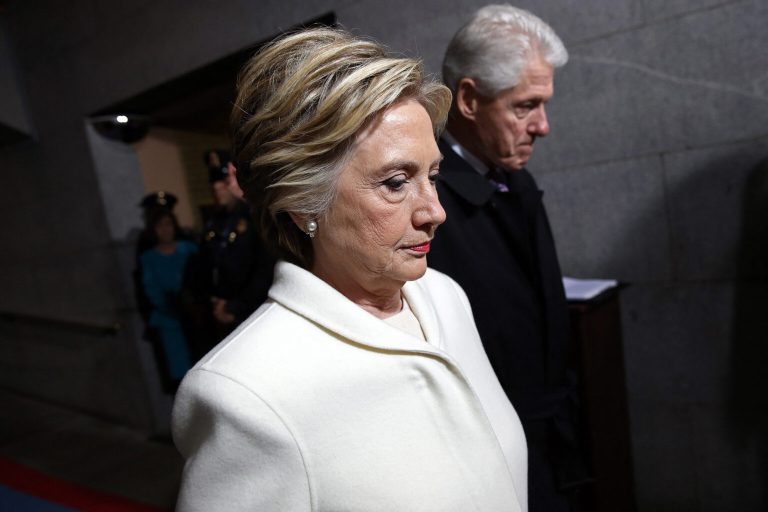
Customers rushed to associate their National Identity Numbers and Bank Verification Numbers with their bank accounts yesterday, causing banking rooms to be overwhelmed with huge crowds.
This came after the banking authority issued a fresh regulation to banks on Friday, prohibiting consumers from accessing their accounts unless they have linked their BVN and NIN, as reported by The PUNCH.
“Ensure all operated accounts/wallets created through agents, are fully profiled in the NIBSS ICAD and tagged with valid and correct BVN and/or NIN,” the CBN stated in its new regulation, stating that current clients are needed to comply.
As of right now, any account or wallet that has not been filled will be put on ‘Post no debit or credit’ until the new procedure is completed, it said.
No additional transactions will be allowed after March 1, 2024, and any funded accounts or wallets will be set to ‘Post no debit or credit.’
A “post no debit” restriction prevents clients from making withdrawals, transfers, or debits from their accounts; it’s a restriction put in place by banks.
Large clients gathered to the Ojodu/Berger branches of Zenith Bank, Guaranty Trust Bank, and First Bank to link their NIN to their bank accounts as our correspondent observed customers’ response to the new directive. When our reporter left GTBank, the lines were still quite long.
An anonymous First Bank employee in Akure, Ondo State, reported a heavier-than-normal customer flow.
He mentioned that more customers were in the bank today to conduct various tasks, with the connection of their Bank Verification Number being the most common.
“The truth is that many banks will find it difficult to cope with the anticipated rush as we have lost several key employees to the Japa syndrome,” said a senior executive of a Tier-1 bank in Lagos, who spoke with our correspondent. To keep operational costs low, the banks had already begun personnel rationalisation.
Additionally, our correspondent spoke with a branch manager from a new generation bank who said that the lender would have to extend working hours and maybe even consider working on Saturdays and Sundays to deal with a large influx of customers without BVN and NIN.
As of October 9, 2023, only 59 million BVN were registered, according to the most recent data received from the Nigeria Inter-Bank Settlement System. This means that more than 75 million bank accounts could be restricted or blocked altogether.
Local currency shortages have also continued despite the Central Bank of Nigeria’s (CBN) orders for banks to keep printing and accepting both the old and new naira banknotes.
Automated Teller Machines were set to distribute limited amounts of cash, while banks kept rationing naira notes to consumers in the banking halls.
Customers were disappointed to see that the ATMs at FCMB, Gate, Ejigbo did not dispense cash when our correspondent visited there.
The bank officials our reporter spoke with claimed they hadn’t loaded any cash into the ATM when we inquired as to why we couldn’t withdraw any.
At GTBank, Gate Ejigbo, customers may withdraw up to N20,000 from their accounts, but non-customers could only get up to N5,000 from the ATMs.
clients without bank accounts could withdraw up to N10,000 from ECO Bank at Gate, Ejigbo, while clients with bank accounts could withdraw up to N20,000.
The operators’ concerns that the banking regulation may restrict certain older currencies by year’s end prompted the recent cash scarcity.
In a statement, Mrs. Sidi Hakama, acting director of corporate communications at the central bank of Nigeria (CBN), alludes to the fact that the bank will continue to issue and accept all denominations of Nigerian banknotes, both old and re-designed, to and from deposit money banks, in an effort to allay fears. This follows an order from the Supreme Court on Wednesday, November 29, 2023, which granted the prayer of the minister of justice and attorney general of the federal government to extend the use of old naira banknotes indefinitely.
“To clear any confusion, the Supreme Court has decreed that both the old and the redesigned N200, N500, and N1,000 banknotes will remain legal tender.”
No fresh direction from the CBN to limit the cash transactions to clients, according to certain bank spokespersons who declined to be quoted by our correspondent.
A bank source speculated that “the scarcity could be due to some cash hoarded that have not been returned back into the economy.” the source stated.








